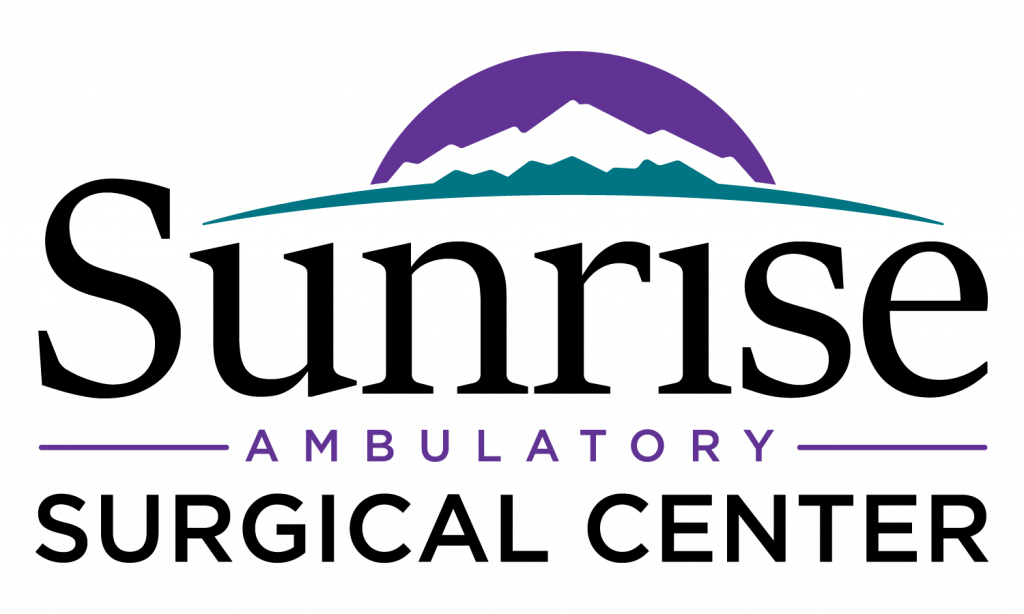Bursitis Pain
There are several different ways that Bursitis can be treated. Many of the treatments involve addressing the swelling and inflammation that is present within the bursae, which are pockets of fluids in the body that are meant to reduce friction between tissues and large joints. If the bursa has become infected, the treatment plan will need to address the infection.
Treatment Options for Bursitis
Our primary goal is to reduce the pain that our patients are experiencing. We will first diagnose the cause of the pain and whether or not there is infection present in the bursa. If there is only inflammation, our physicians will develop a treatment plan that may include physical therapy, pain medications and, in some cases, safely removing fluid from the bursa.
Bursae that have become infected require a much more delicate treatment, involving a combination of antibiotics, pain medications, and the removal of infected fluid from the area. In some cases, if the bursitis is caused by an infection, surgery may be required.
Side Effects and Potential Risks of Bursitis Treatments
While any medical procedure presents potential risk, bursitis treatments are comparatively safe. If medications are prescribed to provide relief for bursitis pain, these medications may cause mild side effects. These side effects should be discussed personally with your physician, as each medication varies.
